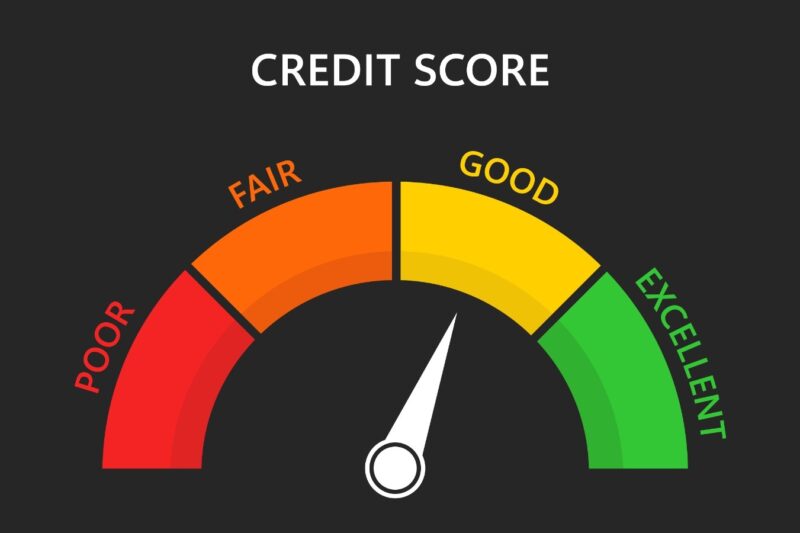Your credit score is one of the main factors that determine whether you can get loans and credit cards or not. The Indian credit scoring is dominated by TransUnion CIBIL, which is the most trustworthy organisation among others.
Understanding what CIBIL is and how to get your free credit report can help you manage your finances better and improve your creditworthiness.
What is TransUnion CIBIL?
TransUnion CIBIL (Credit Information Bureau (India) Limited) stands as the first and most widely used credit bureau in India. Its primary function is to collect and preserve credit information of both people and companies. This data helps banks and lenders assess your creditworthiness before approving a loan or credit card.
CIBIL uses this information to generate your CIBIL score, which reflects how responsibly you handle credit.
What Is a CIBIL Score?
A CIBIL score is a three-digit number between 300 and 900 that represents your creditworthiness. The higher the score, the better your chances of getting approved for credit products.
| CIBIL Score Range | Meaning | Creditworthiness |
| 750 – 900 | Excellent | Very high chance of loan approval |
| 700 – 749 | Good | Likely to get loans with good terms |
| 650 – 699 | Fair | May face higher interest rates |
| 550 – 649 | Poor | Hard to get new credit |
| Below 550 | Very Poor | Needs major credit improvement |
CIBIL Report: Why Is It So Important?
Your CIBIL report is a detailed record of your credit behaviour. It contains,
- Identification details (name, PAN, address)
- Credit facilities (loans and credit cards)
- Payment record
- Credit usage ratio
- Most recent lender inquiries
This documentation is utilised by financial institutions to determine whether to give credit or deny it based on the applicant’s credit history, and it is very sensitive.
How to Get Your Free CIBIL Credit Report
TransUnion CIBIL offers an annual free credit report. The step-by-step process to receive it is described below,
Step 1 – Go to the Official Site
Visit www.cibil.com. Click on “Get Your CIBIL Score”.
Step 2 – Open an Account
To open a CIBIL account, provide your name, email, phone number, PAN, and birth date.
Step 3 – Verify Your Identity
An OTP will be sent to your mobile number or email that you registered. Confirm your identity with the OTP.
Step 4 – Download Your Free Report
After authentication, you are permitted to print out your free CIBIL report for that year. Along with that, your CIBIL score and complete credit history are provided.
Step 5 – Review and Correct Errors
Check your report carefully for any incorrect information or pending accounts. If you find an error, you can raise a CIBIL dispute directly from your account dashboard.
How Often Can You Get a Free Credit Report?
The law states that every individual in India is entitled to one free credit report a year from each of the four credit bureaus, CIBIL, Experian, Equifax, and CRIF High Mark.
To avoid missing any updates, you can opt for the CIBIL paid plans and keep track of your score each month.
Tips to Maintain a Good CIBIL Score
- Make sure to pay off all your EMIs and bills punctually.
- Keep your credit utilisation ratio under control, preferably below 30%.
- Don’t apply for multiple loans or credit cards at the same time.
- Make it a point to check your credit report at least once a year for any mistakes.
- Retain your old credit accounts to strengthen your credit history.
All these actions can help you keep a good credit score and financial credibility.
Key Takeaways
- TransUnion CIBIL is the most trusted credit bureau in India.
- You can check your free CIBIL report once every 12 months.
- A CIBIL score of 750+ is deemed outstanding.
- Monitoring your credit report regularly allows early detection of errors.
- Having a clean credit record enables one to get better loan opportunities.
Conclusion
Your TransUnion CIBIL report is a powerful tool to understand and improve your financial health. Regularly checking your free credit report helps you stay aware of your credit standing and identify any issues before they affect your score. With disciplined credit management, timely payments, and consistent monitoring, you can build a strong foundation for a secure financial future.




